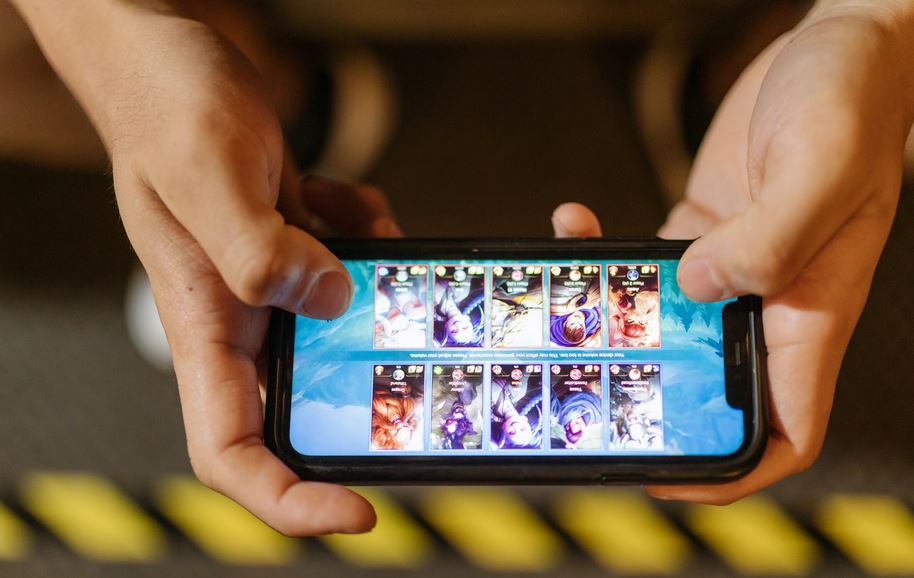Online gaming booms connecting people during the pandemic
The coronavirus pandemic has led to a massive wave of interest in the online gaming industry, particularly during the lockdown—where many people were forced to stay indoors and limit their interactions with others.
The global health emergency caused major disruptions to nearly every business, leading to a massive change in lifestyle for individuals across the world. Many countries struggled to combat the spread of the virus and keep their economies alive since the pandemic became widespread in mid-March 2020.
More than a year later, countries are still feeling the impact of the virus on both the health of their economy and their citizens. When lockdown and social distancing measures were enforced, it made it difficult for people to socialize as they normally would. Even worse, people had to physically distance themselves from both family and friends, always observing social distancing and making unexpected but drastic changes to how they live their lives.
Suddenly, not being able to see anyone for days, weeks and even months became a glaring reality, leading to a lot of mental, emotional and psychological strain
However, online gaming is providing a lifeline for many, in bridging that gap and providing a platform for people to connect with others virtually, all while keeping themselves entertained. Not only is it completely safe, but it is also quite convenient. For instance, with just an internet-enabled smartphone, players can visit online casinos in Canada and compete against other players for money, all from the comfort of their homes.
Nevertheless, online gaming doesn’t just provide an avenue to compete. Long before the COVID-19 crisis began, online gaming platforms have grown into an online community where fellow gamers can build genuine, long-lasting friendships.
“Now it’s just been brought into the mainstream. A lot more people have realised what it can do – gaming bringing communities together has always been there,” said Daniel Luu, a software developer and an active gamer in a BBC report.
With the pandemic raging on, what many devoted gamers have since explored is now bringing much-needed relief to those who have never even played before. According to a survey by Limelight Networks, there has been an increase in mobile-based online gaming and the amount of time spent in each gaming session.
In the report by the Arizona based security service and content delivery company, the data was collected from consumer platforms after engaging 500 respondents in each of the eight countries surveyed—South Korea, India, Vietnam, Indonesia, Germany, United Kingdom, United States of America, and China. Generally, the majority of gamers in all these countries surveyed used their smartphone as their primary gaming device.
Globally, the average number of hours each gamer spent playing every week increased by 14 per cent to approximately 9 hours—and with a record of 12.39 hours of gameplay, players in China spent the most time gaming, while players in the U.S. ranked second with 7.71 hours.
In the survey, 34.2 per cent of the respondents reported that their longest ever gaming session was about 5 hours or more—with players in the U.S. increasing their playing time from 5.1 hours before the pandemic to 5.9 hours during the pandemic.
One major advantage of online gaming is its ability to connect players by providing a platform to safely socialize with other gamers and for 53 per cent of respondents in the survey, they made new friends while gaming online.
Like many communities, online gaming does have its own share of hostility and toxicity. But when Jay-Ann Lopez, a London-based gamer, started a closed Facebook group in 2015 called Black Girl Gamers, she wanted it to be a safe and inclusive space for those in the gaming community who are victims of sexism and racism. With her group, she was able to successfully build a strong and vibrant community of like-minded gamers, growing across multiple platforms like Twitch.
These online games have become a haven for many old and new players alike to stay connected, social and mentally sane during the pandemic, said Lopez.
“For a long time, people have either looked down on that or called gamers ‘weird’, but now people and companies want to know how to maintain relationships and communities digitally. It's more accessible for people,” she said.
So, although having more people staring at a digital screen may seem like an unsafe and unhealthy habit, even the World Health Organization now believes it could be a major key in nurturing our connection with others.
As more and more mental health professionals continue to stress the importance of relationships, socializing and community in these uncertain times, they’re now even beginning to find more direct psychological and social benefits from online gaming across different generations.
While the pandemic affected a lot of industries negatively, thanks to it, interest in online gaming would only continue to grow; and with the infusion of social gaming, being able to compete with others isn’t the only incentive for new players.
Comments
There are 0 comments on this post













